From Legacy to Leadership: Preparing ASEAN’s Next Generation Through Family Business Values
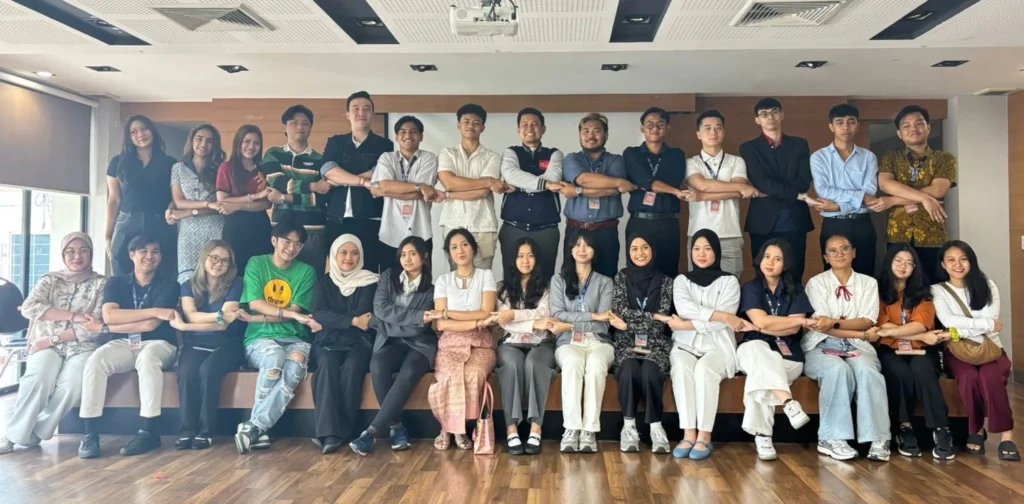
Taylor’s University delegates after a workshop at Thammasat University, guided by United Nations Educational, Scientific and Cultural Organization (UNESCO), where they explored themes of self-reflection, empathy, and inclusive leadership practices during the AYE 2025.
In an era defined by urgency—climate threats, social inequality, and economic disruption—the question facing the next generation is not if they are ready to lead, but how they will carry forward the legacy entrusted to them. At the ASEAN Youth Exchange (AYE) 2025 in Bangkok, Taylor’s University delegates explored how family values, sustainability, and cultural identity are shaping a new kind of leadership for Southeast Asia—rooted in legacy, yet equipped for innovation.
For Malaysia’s thriving landscape of family enterprises, these lessons resonate deeply. Family businesses—long the backbone of national development—are being called to embrace a future where succession is more than ownership transfer, it is about stewardship of purpose, people, and the planet.
Stewardship and Social Innovation: A New Lens for Legacy
A key learning from the exchange was the need to embed sustainability into leadership DNA. At the United Nations Economic and Social Commission for Asia and the Pacific (UNESCAP), delegates were reminded that the world is far from achieving its 2030 Sustainable Development Goals (SDGs). For Malaysia—whose Twelfth and Thirteenth Malaysia Plans are aligned with these goals—this is a rallying call for young family business successors.
The UN’s call to “leave no one behind” mirrors the inclusive ethos that defines strong family enterprises. Delegates saw that leadership today must go beyond the boardroom, tapping into social innovation—such as converting food waste into products or building digital mental health platforms—not for profit alone, but to preserve community, resilience, and dignity.
These changemakers reflect the spirit of Malaysia’s Social Enterprise Accreditation (SE.A) framework and the growing wave of impact-led family ventures. For next-gen leaders, the message is clear, family legacy is not static—it evolves when purpose leads.
Green Economy: When Tradition Powers Innovation
The Thai business landscape gave Malaysian delegates a window into how legacy businesses are spearheading green innovation. From solar energy to plastic recycling, Thai family-owned companies are proving that sustainability and profitability can coexist without sacrificing generational values.
This model is highly relevant to Malaysia, where family firms drive a significant share of the nation’s gross domestic product. Our local champions are already investing in renewable energy, environmental, social, and governance (ESG) commitments, and sustainable supply chains.
What’s emerging is a powerful narrative that tradition and transformation go hand-in-hand. For young Malaysians from family business backgrounds, this is an invitation not just to inherit, but to innovate. By anchoring innovation in family values, the next generation can future-proof their enterprises while honouring the vision of their founders.
Culture and Legacy: The ASEAN Advantage
Throughout the exchange, cultural immersion offered more than inspiration, it provided a blueprint for resilient leadership. Visits to Thai heritage sites reinforced the belief that identity is not an obstacle to progress, but its foundation.
For Malaysia’s multicultural society, this rings especially true. From traditional crafts to community festivals, culture is a driver of both social unity and entrepreneurial opportunity. In family businesses, heritage is not just preserved, it is lived, and in times of global uncertainty, it becomes a competitive advantage.
Just as family businesses pass down stories, recipes, and rituals, they also pass down the duty to protect what matters—people, culture, and integrity.
Turning Inspiration into Intergenerational Action
The real value of the ASEAN Youth Exchange 2025 experience lies in what comes next. Delegates return not just with knowledge, but with a sense of intergenerational duty. Whether launching green startups, revitalising traditional businesses, or engaging in national policy forums, their leadership will be measured by how they translate legacy into action.
The future of Malaysia’s economy will not be built by legacy alone, but by those willing to carry it forward with courage, empathy, and a vision that leaves no one behind.
Editor: Nazalea Kusuma

Join Green Network Asia Membership
Amidst today’s increasingly complex global challenges, equipping yourself, team, and communities with interdisciplinary and cross-sectoral insights on sustainability-related issues and sustainable development is no longer optional — it is a strategic necessity to stay ahead and stay relevant.
Taylor’s University
Taylor's University is a private university in Subang Jaya, Selangor, Malaysia. Rooted in the esteemed legacy of Taylor’s College since 1969, we have transformed into a world-class institution, ranked among Asia's top 50 universities and recognised as Malaysia’s premier private university.


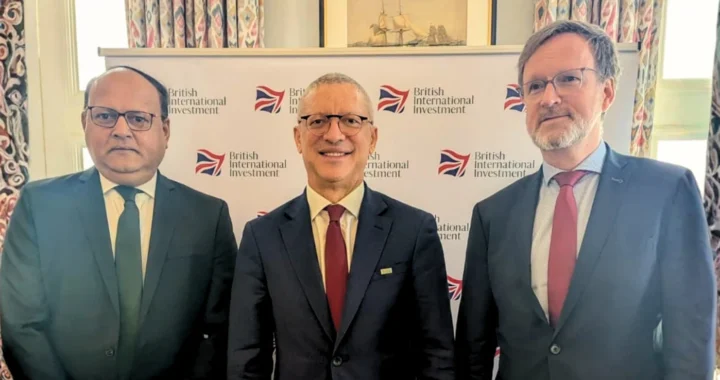 British International Investment Achieves Over £300 Million for Climate Finance Across Southeast Asia
British International Investment Achieves Over £300 Million for Climate Finance Across Southeast Asia 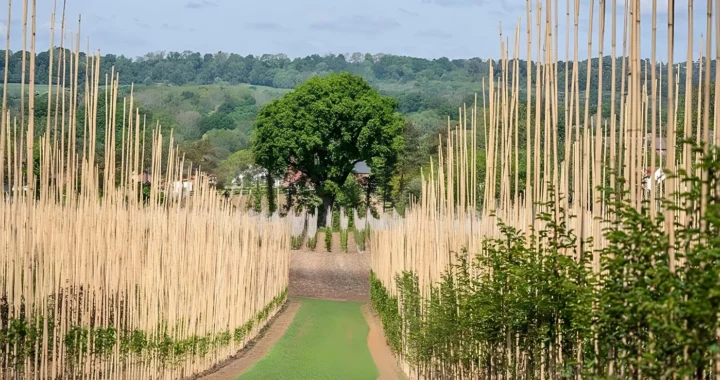 Campaigners Warn the UK Government of Failing on Trees and Woodland to be Lost in North Yorkshire Harrogate Factory Expansion
Campaigners Warn the UK Government of Failing on Trees and Woodland to be Lost in North Yorkshire Harrogate Factory Expansion  CUHK Study: High-Speed Rail Network Supercharges EV Adoption in China
CUHK Study: High-Speed Rail Network Supercharges EV Adoption in China 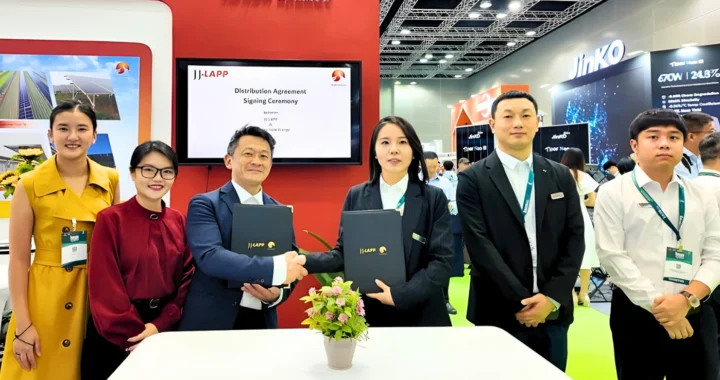 JJ-LAPP and Tonking New Energy Sign Distribution Agreement to Expand Floating Solar Solutions Across Southeast Asia
JJ-LAPP and Tonking New Energy Sign Distribution Agreement to Expand Floating Solar Solutions Across Southeast Asia 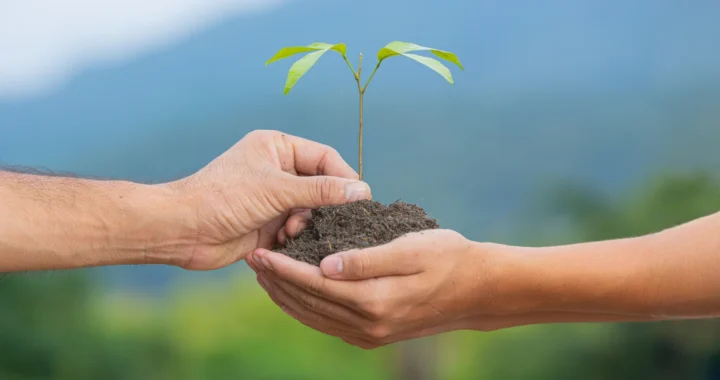 Asia’s First Climate Philanthropy Advisory Launches to Accelerate Regional Giving
Asia’s First Climate Philanthropy Advisory Launches to Accelerate Regional Giving 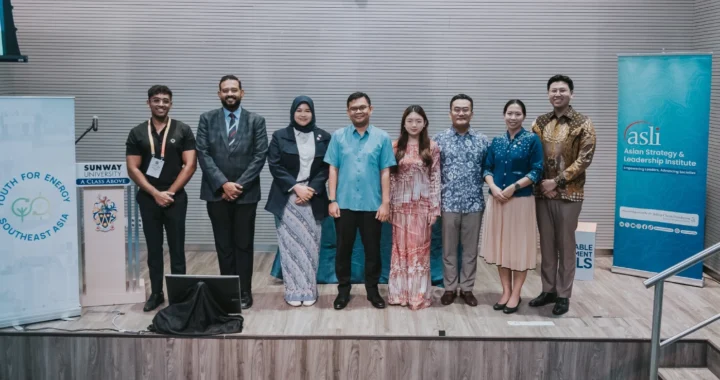 SAYEF 2025: Empowering the Next Generation with Youth Declaration on Energy and Climate Action
SAYEF 2025: Empowering the Next Generation with Youth Declaration on Energy and Climate Action